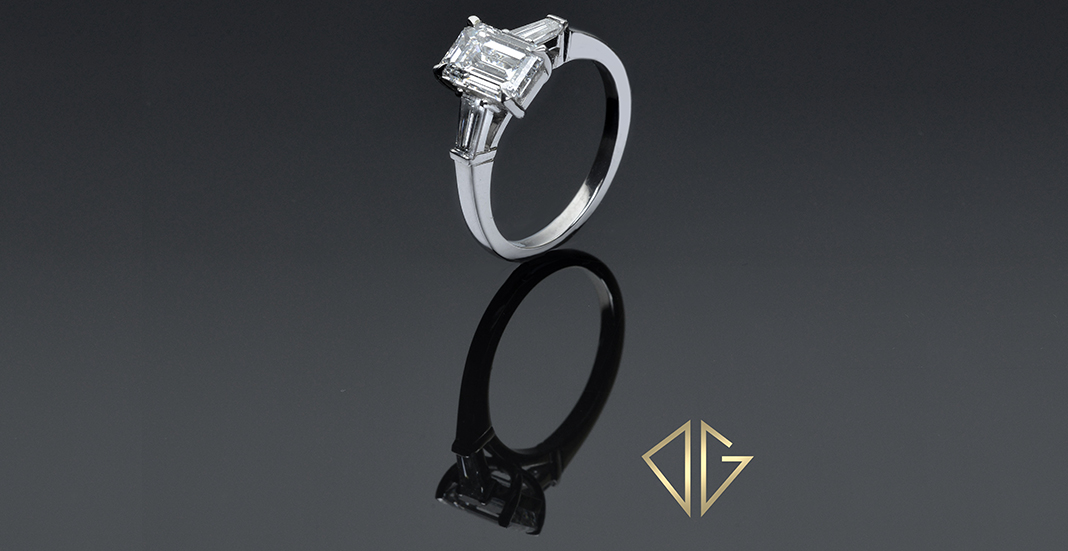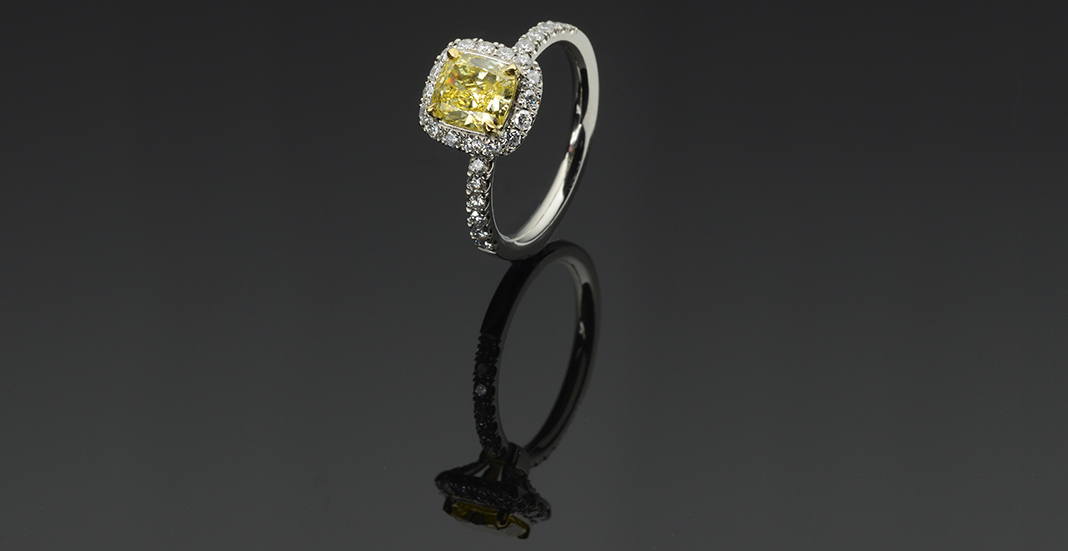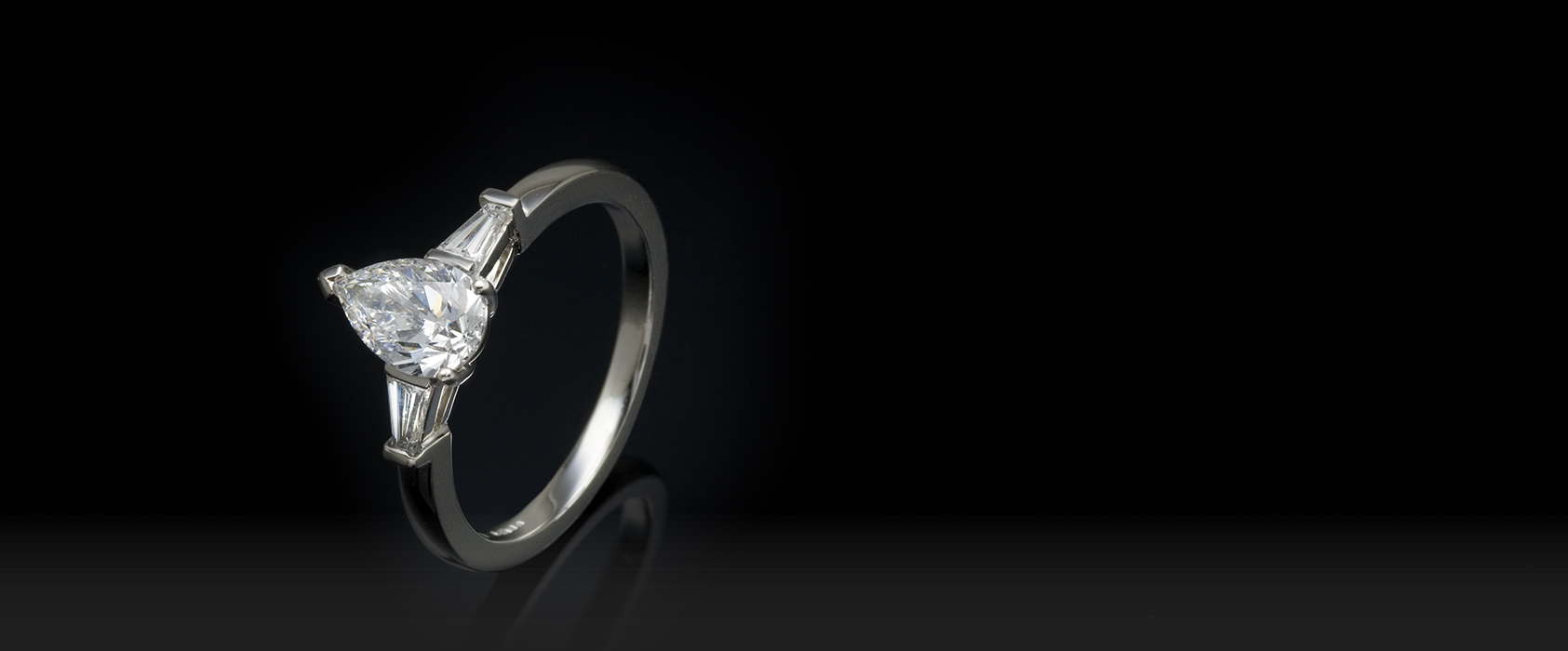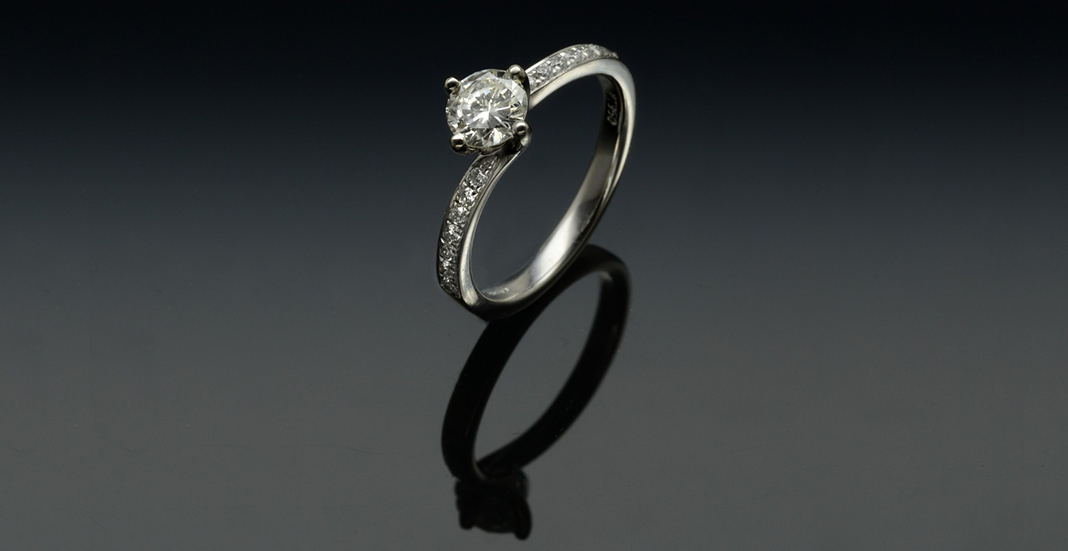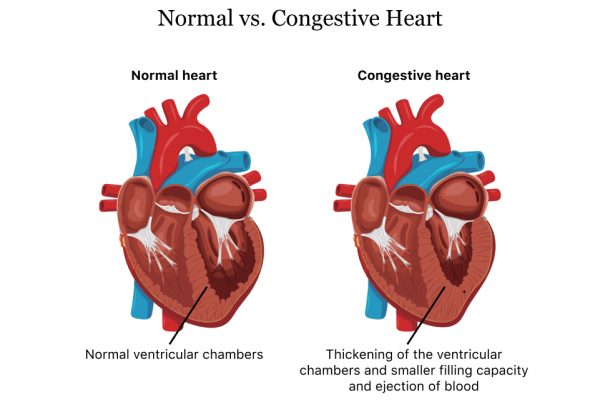By now, you should be familiar with the diamond’s 4C’s. But there is one more C that you should get to know—certificates.
No doubt, one of the biggest purchases you will make in your life is acquiring at least one of the stunning diamond custom engagement rings in the market. Surely, you’ve done your homework, window-shopped and even dropped a few hints here and there to find out what your fiancée prefers.
Yet you have last-minute hesitations before finally checking out that ring.
Will she love the engagement ring?
Is the diamond strikingly beautiful enough for her?
Is the carat right? How about the cut?
There is another C in the diamond-purchasing process other than cut, colour, carat and clarity. Certification might be the most important of them all.
Why?
Simple. Certification will give you peace of mind that the other 4 Cs are what they say they are.
Now, you might be wondering that since not every diamond is certified and that comparable diamonds are the same despite having a certificate or not, why bother secure a diamond with a certificate?
Purchasing a diamond engagement ring is not only emotionally significant but also a financial milestone. This is why you should highly consider getting the right documentation for your diamond piece.
Diamond Certification: Defined
A diamond certification is a document, report or findings you receive from a third-party laboratory, describing the stone in all of its characteristics. This most commonly come the GIA, IGI, AGS, EGL, HRD and GSI.
With each diamond you’re considering, you should review its certification, which is issued by the grading entity. This certification describes the different elements of the diamond, such as the width, length, clarity and colour.
The Rigorous Certification Process
Every certified diamond has been scientifically and separately measured and evaluated for the 4Cs and other predetermined characteristics. Gemologists operating independently of diamond retailers, miners and dealers assign grades that are consistent, accurate and reliable to these certified diamonds.
So you are assured that their evaluations and grading are indeed unbiased. You can think of these reports as a novel written by your favourite author.
They’re proof supporting the value of your diamond.
However, these certificates or reports do vary among different laboratories. In fact, even the same laboratories provide reports that have varying levels of information, which could range from the basic to the finer details.
But typically, grading reports comprises a chart that details the diamond’s colour grade, weight, cuts and angles and inclusion levels and also the diamond’s line diagram from the top view and side view.
Additionally, diamond treatments such as pressure, heat, lasers and other techniques to improve colour and clarity are included in the report and should be disclosed to the potential buyer.
What to Watch for in a Diamond Certification
When shopping for custom engagement rings and you’ve finally set your eyes on a stunningly gorgeous diamond, here are a few things to watch for when review the stone’s certification.
- Consistency is first and foremost. Instead of comparing the grades between different certifications, look instead for consistency within a single entity’s grading decision.
- Diamond grading is still subjective. Despite the “science” behind grading diamonds, it is still subjective, and there is no central organisation that mathematically defines what an “SI1” clarity or a “G” colour looks like.
- Consider price over the stone’s certification. Along with the certification, the price should also be heavily evaluated. The numbers on the price tag should definitely reflect the actual beauty, cut and quality of the diamond—both with the naked eye and the certificate.
- Labs provide different results. Each lab is different. While one could be looser in grading colour, the other could be looser in rating the stone’s clarity. Know which laboratories are consistent and trustworthy to avoid buying a diamond worth less than what is indicated in its certificate.
Trusted Labs
Predominant trusted laboratories in the UK are the following:
- GIA (Gemological Institute of America)
- HRD
- IGI (International Gemological Institute)
- AGS (well-recognised in the US, but hardly available in the UK)
- Gubelin
- GRS
- SSEF
Relatively, if possible, first look for GIA, then IGI or HRD certificates when purchasing diamond jewellery pieces.
The Bottom Line
Diamond certification are provided by independent laboratories, who evaluate these diamonds. Some lab entities are consistent and strict, while others are inconsistent and loose. Above all, it’s important to make sure that you are paying the right price for the genuine quality of the diamond custom engagement rings.
Bio:
For more than ten years, Daniel Greenberg has been hand crafting DG Bespoke Jewellery and is known as a trained master diamond mounter and goldsmith. As he was taught by one of the best jewellers in London (his father), Daniel makes certain that all his unique pieces are pure perfection.

